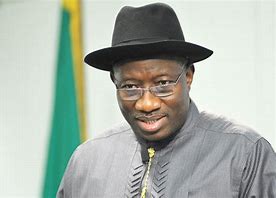The Department of Petroleum Resources (DPR) has warned that the pump price of petrol may rise to as much as N1000 per litre in Nigeria.
DPR Director, Sarki Auwalu disclosed this while responding to questions following a paper he delivered at the Second Quarter, 2021 Business Dinner of Petroleum Club in Lagos.
Auwalu said the situation may become a reality when the petrol subsidy regime ends without the alternative energy or autogas gas policy that is fully operational.
Responding to questions, Auwalu said that Nigeria was spending so much on petrol subsidy and removing it would require making alternative fuel available to Nigerians.
Failure to do so, he said, Nigerians may be forced to pay higher petrol prices when subsidy is removed.
Auwalu cited a statement on the DPR website titled, “DPR: Without Alternative Energy, Petrol Price Will Rise On Subsidy Removal“.
He said that Nigerians may pay as high as N1, 000 to buy one litre of petrol in the country when subsidy on petrol is removed.
He said: “So, to eliminate subsidy, they don’t call it subsidy anymore now, it’s under-recovery of purchase.
“So, to eliminate under-recovery, what you need is alternative fuel. Without an alternative, you will subject people to higher prices and that is why we go for price freedom.
“As at today, there are 22 million cars in Nigeria. Eight million are for public use.
“Imagine if you want to convert every car into gas, the average cost of conversion is $400. Converting eight million cars requires $3.2 billion.
“To do that, there are a lot of environmental investors which can invest and recover from the sale of gas and we are encouraging that.
“Once that is achieved, you will see that PMS can be sold at N1,000.
“After all, the average distance covered by one-gallon equivalent when you compare it with LNG or CNG with respect to energy for mobility is 2.7 against one. One for PMS, 2.7 for LNG or CNG.
“So, with that advantage, you will see that it creates an opportunity for this industry again.
“The issue of subsidy, the volume will all vanish and that is what we are working towards,” ne noted.




